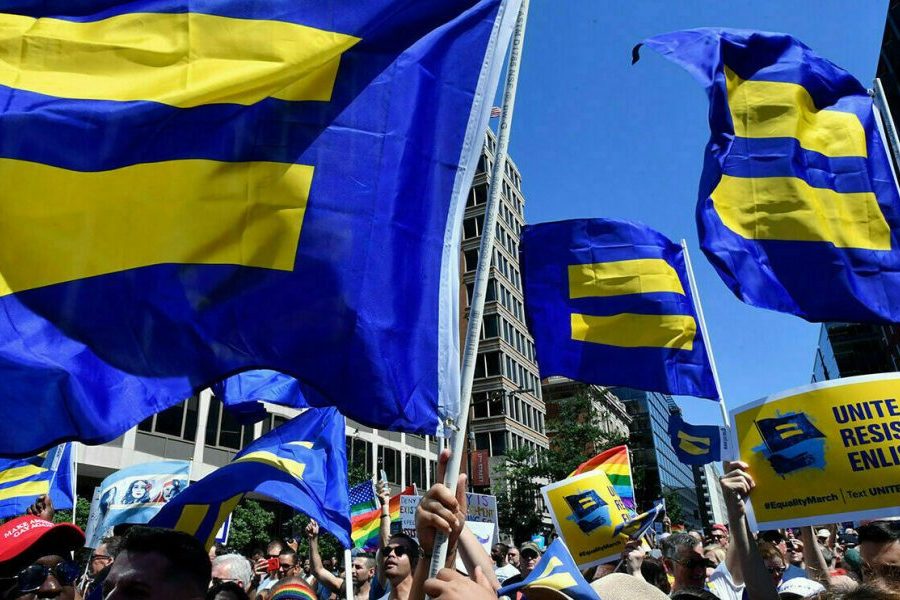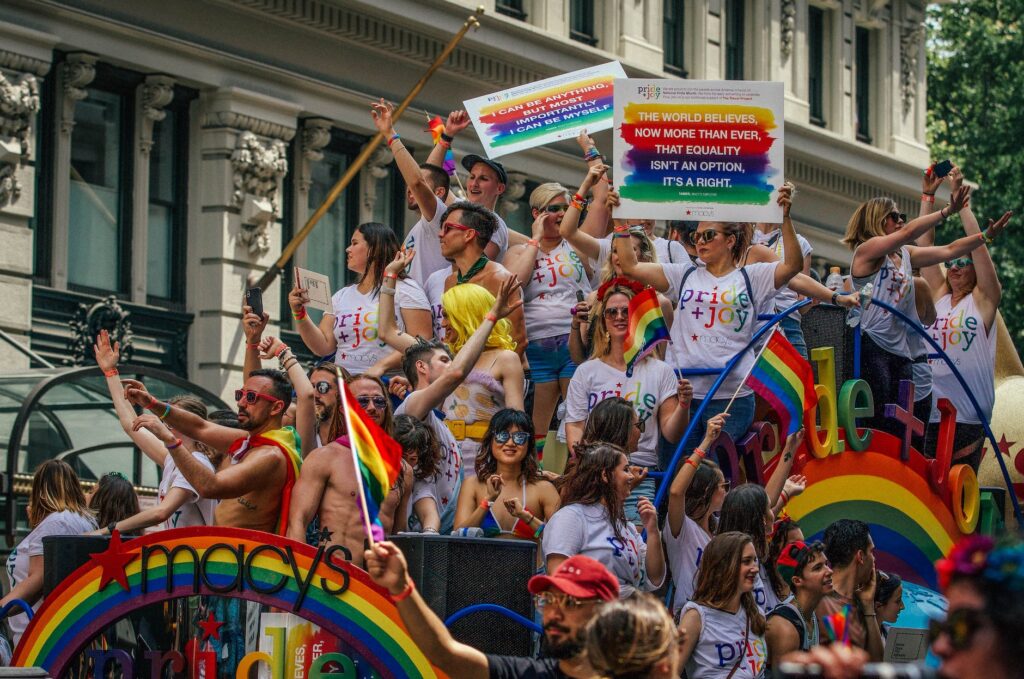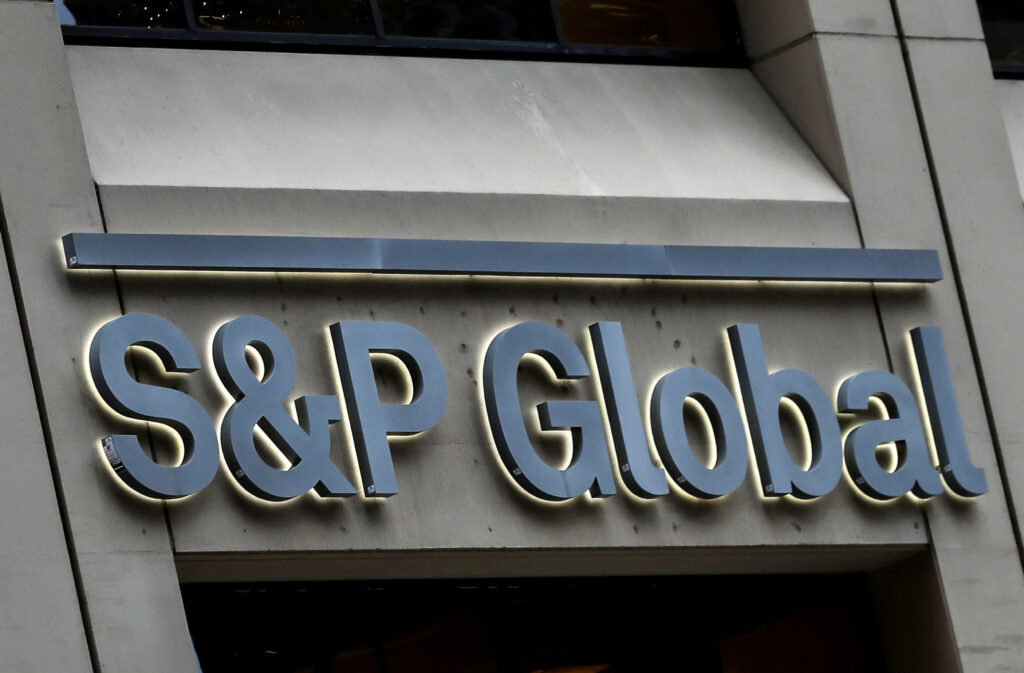Government Assurances
The Singapore Government promises that social norms will remain
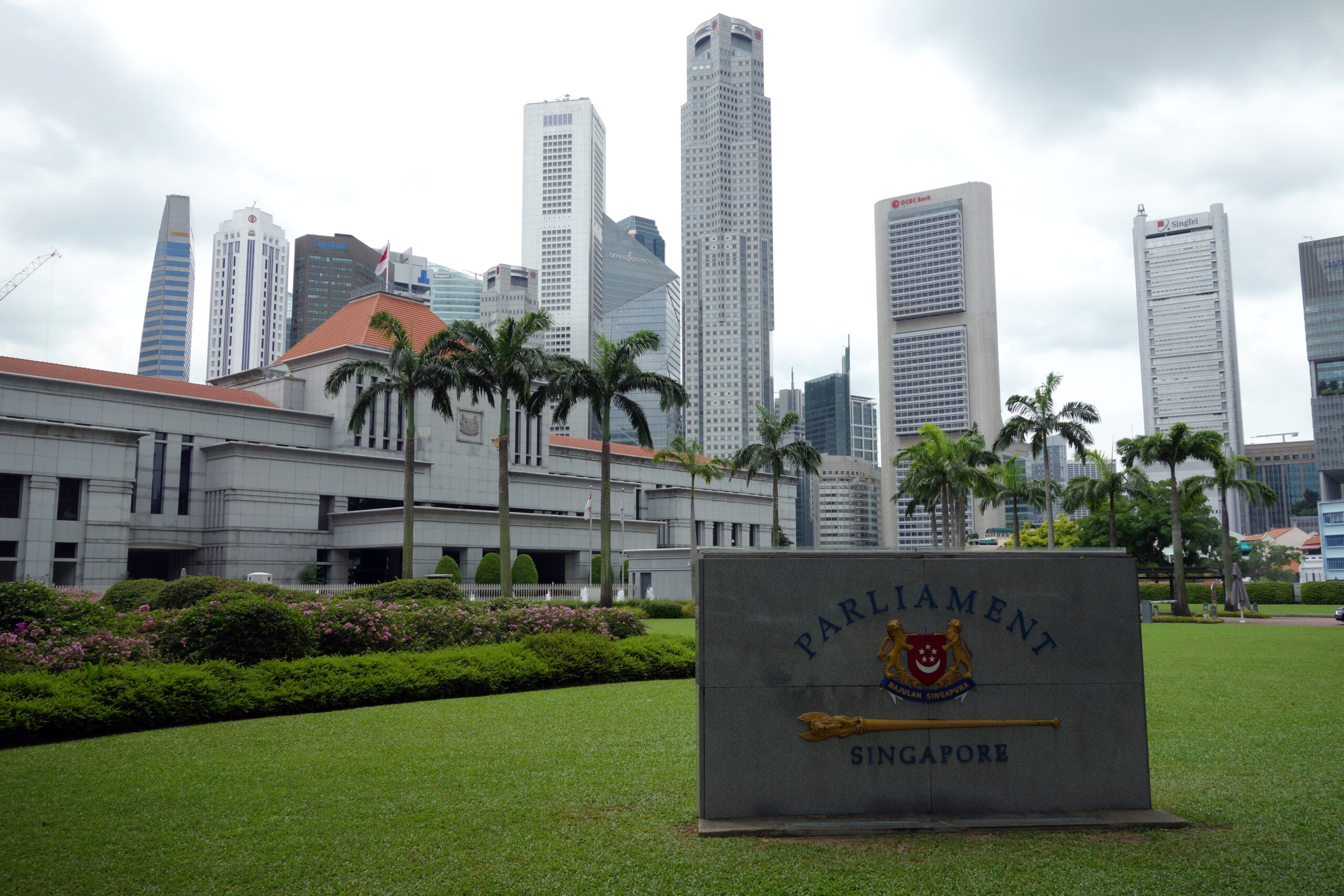
US House Speaker Nancy Pelosi Calls for Businesses to Support LGBTQ Community
In August 2022, the United States House Speaker Nancy Pelosi called on American businesses to promote LGBTQ activism.
“We asked for their support for the LGBTQ community in Singapore, as more American businesses are establishing and adding offices in Singapore”.
MHA Statement in Response
The Ministry of Home Affairs instructed businesses to be cautious about advocating on divisive issues.
“The Government would like to remind foreign businesses that while they are free to promote diversity in their companies, they should be careful about advocacy on issues in Singapore that could be socially divisive (including LGBT issues). These are matters for Singaporeans to discuss and come to a consensus on how to move forward.”
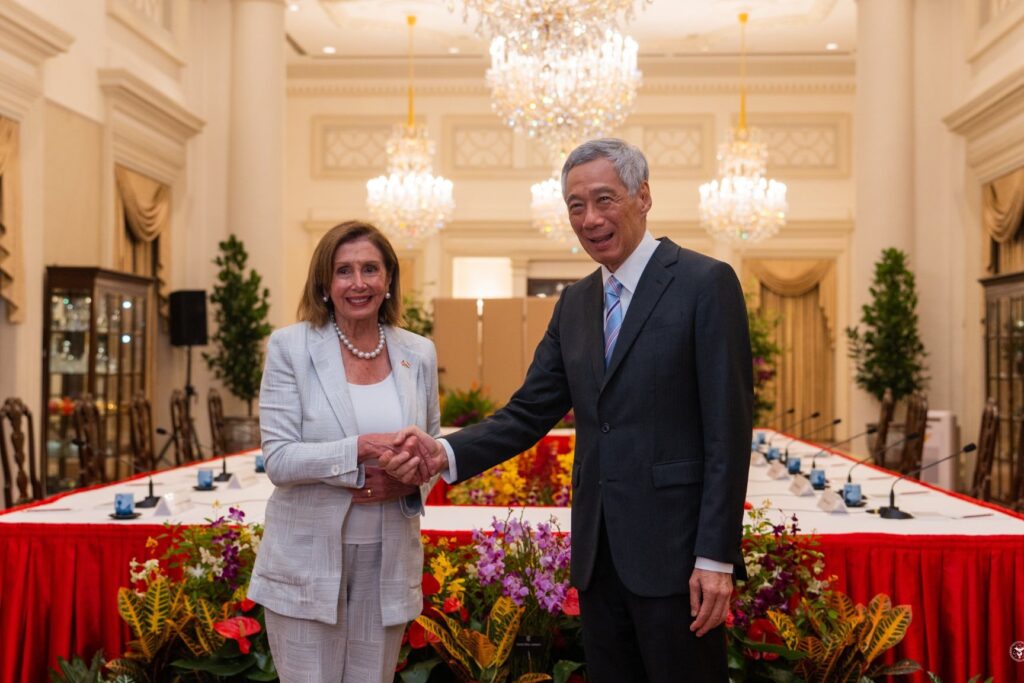
Concerns of Singaporeans
During the Parliamentary debate about the Repeal of Section 377A, Minister Shanmugam said:
“If you look at both statements, as well as the petitions and other statements that have been issued, I think I can summarise the concerns into four main areas:
- First, concerns over whether there will be a shift in our laws on marriage, and the laws and policies that are centred on marriage, like family formation, education, and so on;
- Two, freedom of religion;
- Three, pressure – they worry that there will be pressure to accept and conform to LGBTQ+ ideology in schools and workplaces; and
- Four, they worry about cancel culture, that they will not have the freedom to express their views on sex, gender, marriage, and family, without being silenced.”
(Time Stamp: 21:13 – 21:59)
Workplace Discrimination and Pressure to Conform to LGBTQ Ideology
“Workplaces should be part of the secular space shared by all Singaporeans. They should not be places where people are compelled or pressured to participate in, or support, non-business related causes. Employees should not be discriminated against at work just because they hold traditional family values, or pro LGBT values.
“The Ministry of Manpower (MOM) is looking at this issue, including :
- Protecting employees from being penalised or discriminated against in many respects.
- It is also looking at processes to protect those who report about workplace discrimination or harassment, so that people can feel safe about coming forward.
- People tell us that employees feel compelled, particularly at foreign MNCs, to put up the Pride flag, for example. These are matters of conscience. There should be no compulsion or pressure, direct or indirect.
“MOM is looking at these issues. It may be that we have to advise employers, particularly foreign employers, to be more careful and sensitive in Singapore. Don’t get me wrong – they are looking at this, but it does not mean that all these things can be in the law, for example, non-discrimination. But I think they are looking at all of it. Certainly, I think we do not want pressure or compulsion, both on the side of LGBTQ as well as on the side of religion. People should be free in their conscience. This is a country where many people are religious, and that should be respected.“
(Time Stamp 23:37 – 24:46)
Foreign Companies Should Respect Local Culture
On May 2014, Goldman Sachs was reportedly planning a networking dinner exclusively for self-identified LGBT students.
Then Social and Family Development Minister Chan Chun Sing responded with a Facebook post stating:
“A number of Singaporeans read a recent newspaper article on the recruitment practice of a multinational company here, and asked for my views…
“SG is a largely conservative society. While different groups may express their different points of view, everyone should respect the sensitivities of others and not create division.
“Singapore and Singaporeans will decide on the norms for our society. Foreign companies here should respect local culture and context. They are entitled to decide and articulate their human resource policies, but they should not venture into public advocacy for causes that sow discord amongst Singaporeans.
“Employment in SG is based on one’s merit and ability. Discrimination – be it positive or negative – whether based on race, language, religion, or sexual orientation is not aligned with our social ethos, and has no place in our society.”
A number of Singaporeans read a recent newspaper article on the recruitment practice of a multinational company here,…
Posted by Chan Chun Sing on Thursday 1 May 2014

